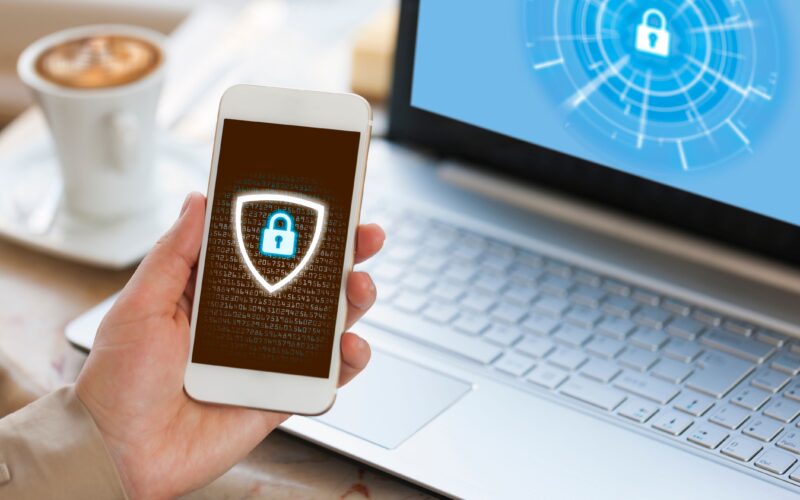Cyber Security: Protecting Yourself and Your Business in the Digital Age

As the world becomes more digitized, cyber security has become a crucial concern for individuals and businesses alike. Cybercriminals are constantly finding new ways to exploit vulnerabilities in computer systems and networks, making it essential to stay vigilant and take steps to protect against cyber attacks.
This article explores the importance of cyber security and provides practical steps individuals and organizations can take to protect themselves.
What is Cyber Security?
Cyber security refers to the practice of protecting computer systems, networks, and sensitive information from unauthorized access, theft, and damage. Cyber security involves a range of measures, including technologies, processes, and policies designed to safeguard against cyber attacks.
Why is Cyber Security Important?
In today’s digital age, cyber attacks have become increasingly prevalent and sophisticated, causing significant damage to individuals and businesses. Here are some reasons why cyber security is essential.
- Protecting sensitive information: Cyber attacks can result in the theft of sensitive personal and financial information, leading to identity theft, fraud, and financial loss.
- Ensuring business continuity: Cyber attacks can disrupt operations, causing downtime, revenue loss, and damage to an organization’s reputation.
- Meeting regulatory requirements: Many industries have regulatory requirements for the protection of sensitive information, and failure to comply can result in fines and legal repercussions.
- Protecting intellectual property: Cyber attacks can result in the theft of intellectual property, such as trade secrets and patents, causing significant financial and reputational damage.
Steps to Protect Against Cyber Attacks
Here are some practical steps individuals and organizations can take to protect against cyber attacks.
- Use Strong Passwords: Use strong passwords that are difficult to guess and avoid using the same password across multiple accounts. Consider using a password manager to generate and store complex passwords securely.
- Install Security Software: Install and regularly update anti-virus and anti-malware software on all devices. These programs detect and remove malicious software, preventing cyber attacks.
- Use Two-Factor Authentication: Two-factor authentication adds an extra layer of security to accounts, requiring a second form of authentication, such as a code sent to a mobile device, in addition to a password.
- Regularly Update Software: Regularly update software and applications to address security vulnerabilities and prevent cyber attacks.
- Use Virtual Private Networks (VPNs): VPNs encrypt internet traffic, making it difficult for cybercriminals to intercept and steal sensitive information.
- Limit Access to Sensitive Information: Limit access to sensitive information to authorized personnel only, and implement policies and procedures for the protection of sensitive information.
- Train Employees: Provide cyber security training to employees to help them identify and prevent cyber attacks. Employees are often the first line of defense against cyber threats.
Conclusion
Cyber security is a critical concern in the digital age, and individuals and businesses must take steps to protect against cyber attacks. By using strong passwords, installing security software, using two-factor authentication, regularly updating software, limiting access to sensitive information, using VPNs, and providing cyber security training to employees, individuals and businesses can help safeguard against cyber attacks and protect sensitive information. Remember, staying vigilant and proactive is the best defense against cyber threats.





